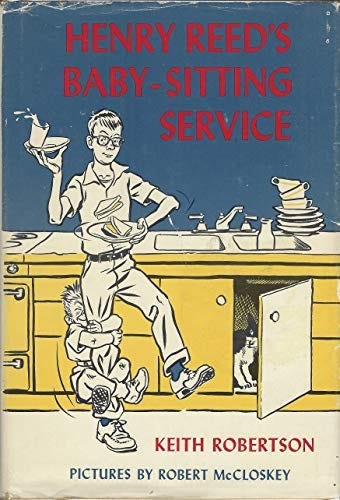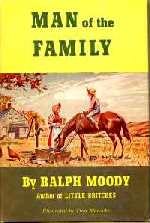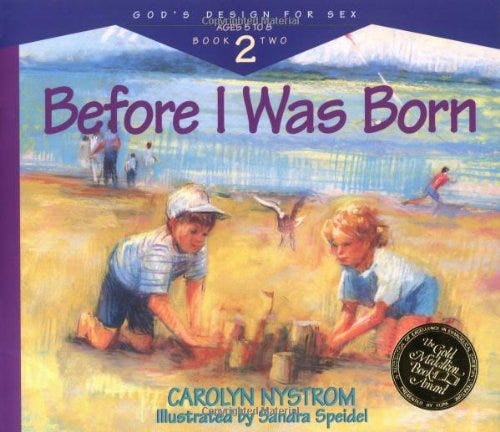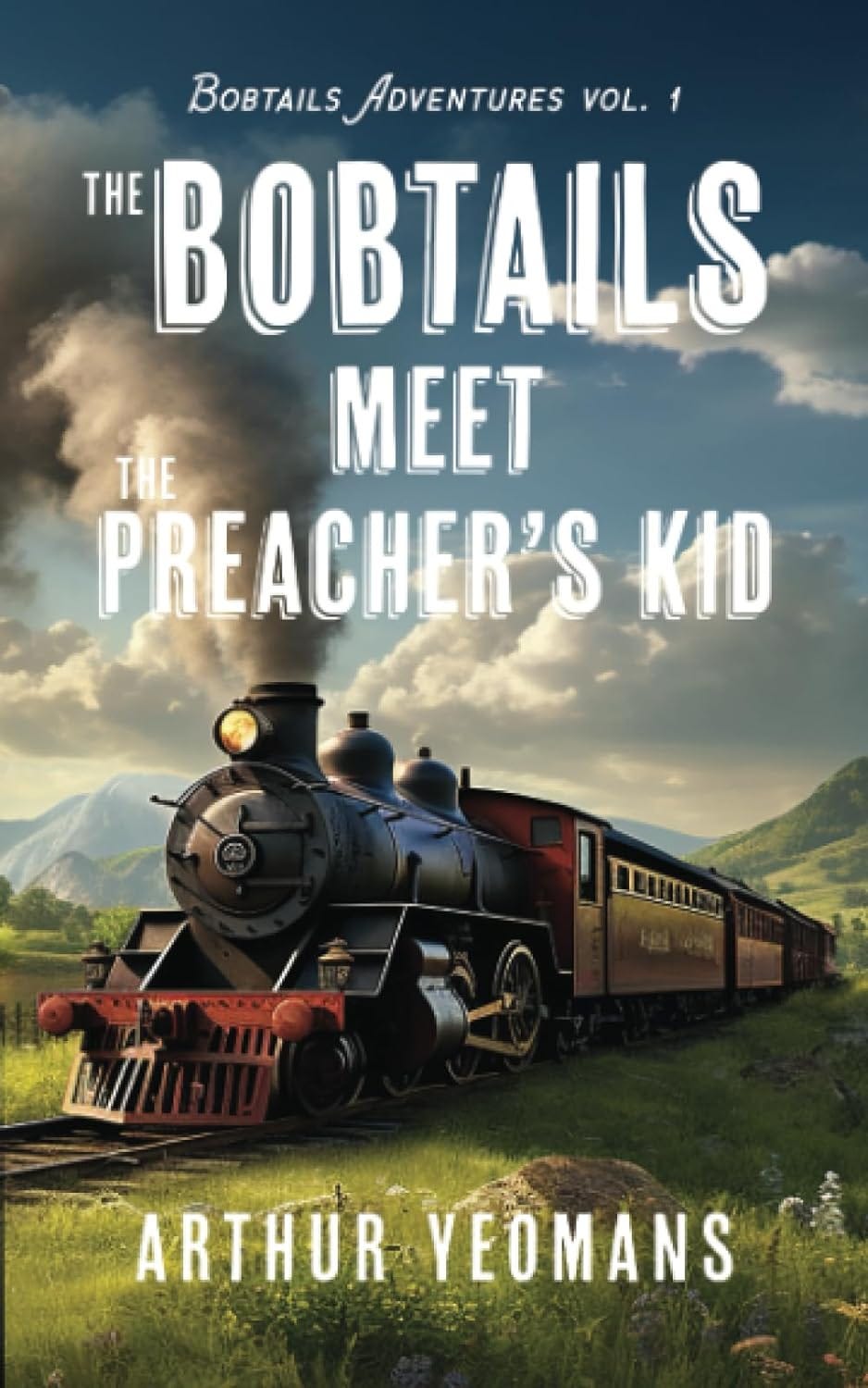Upside Down Discipline
I would not wish to be a drill instructor today. Well, to be honest, I would probably never wish to be a drill instructor, but definitely not today.
Ten minutes later, dressed in trousers, undershirt, and shoes, I was lined up with the others in ragged rank s for setting-up exercises just as the Sun looked over the eastern horizon. Facing us was a big broad-shouldered, mean-looking man, dressed just as we were — except that while I looked and felt like a poor job of embalming, his chin was shaved blue, his trousers were sharply creased, you could have used his shoes for mirrors, and his manner was alert, wide-awake, relaxed, and rested. You got the impression that he never needed to sleep — just ten-thousand-mile checkups and dust him off occasionally.
He bellowed, "C ’pnee! Atten... shut!l am Career Ship’s Sergeant Zim, your company commander. When you speak to me, you will salute and say, ‘Sir’ — you will salute and ‘sir’ anyone who carries an instructor’s baton — " He was carrying a swagger cane and now made a quick reverse moulinet with it to show what he meant by an instructor’s baton; I had noticed men carrying them when we had arrived the night before and had intended to get one myself — they looked smart. Now I changed my mind. " — because we don’t have enough officers around here for you to practice on. You’ll practice on us. Who sneezed?"
-From Starship Troopers, by Robert Heinlein.
The role of a drill instructor is to take soft, coddled infants and turn them into fighting men. To take boys who had only recently been worrying about school, their first job, and their first kiss… and prepare them to do or die on the battlefield.
Imagine, if you will, trying to do so today. To take children who have hardly ever been told ‘no’ in their lives, who have hardly ever run outside, ridden bikes, fallen down, or got in a fight… and teach them to knife some enemy soldier. To crawl across a field with bullets whipping by overhead. To be hungry and thirsty and tired and have to keep going… or die.
Rivkah has written a short response about silence and respect, and she didn’t really break any new ground, so I thought I would go back to her first letter and pick up an issue from there. She wrote:
I think that corporal punishment had its place in an era where life was harsh. Parents had typically been through awful things. Physical conditions were universally poor and life was really difficult.
We live in an unimaginably prosperous and cushy world. Our children can learn right from wrong without the methods of yesteryear. They can imbibe the lessons of yesteryear with more gentle methods
Rivkah
Now this is an interesting statement, because it means that, at least for Rivkah, gentle parenting is not a primary, but a secondary, goal. Or principle. Whatever.
She isn’t saying that ‘parenting should be gentle’ but ‘parenting should be gentle when we live in a cushy world, and it should be harsh when the world is harsh.”
Now, she will have to explain this to me because it seems to me that it is about backwards.
Oh, I get some of it. If my child will have to face freezing temperatures, then I need to raise them to learn about such things as layers, how to skin a fox, etc. And if he is going to be living on the beach in Hawaii, then surfing lessons might be more important.
But that says a very funny (and not at all obvious) thing about corporal punishment. It says, basically, that you need to have your bottom tanned if, one day, you might get your arm bitten off by a bear.
I don’t know a single advocate of corporal punishment who takes such a view. Or who took it. When the Scriptures advocate for it, bears and arms are not mentioned.
And in a very serious way it seems backwards. If there was any logic to the principle at all, I would think it would be the opposite: that the child living in a cruel world might at least need one oasis of gentleness, and the child living in a cushy world might need a dose of reality.
But as those are not the arguments that either of us are putting forward, I will leave those there, and get at the argument for… woodshed parenting. Specifically, the woodshed part.
(First Image courtesy of Playground.com, prompt: “ A boy hanging upside down from a tree limb”
This Image courtesy of Playground.com, prompt: “a-boy-coming-out-of-a-woodshed-with-an-armful-of-kindling”)
Salvation
Withhold not correction from the child: for if thou beatest him with the rod, he shall not die.
Thou shalt beat him with the rod, and shalt deliver his soul from hell.
Proverbs 23:13-14
The role of the drill instructor is to train. They do some teaching, but their primary goal is training. To install body memory and brain memory. To make it clear to the body and brain that, no matter how bad you feel now, you will feel worse if you don’t do what you are ordered to do.
The role of the drill instructor is to form a relationship between the recruit and their commanding officers. To instil reflexive obedience and a set of rules. The role of the parent… is to deliver their soul from hell.
Hey, don’t blame me, Solomon said it. In Holy Scripture. Sure, its hyperbole… but its meaningful hyperbole. The salvation of the soul doesn’t literally come from being beaten as a child… even for sons. But the hyperbole has a point.
What happens when consequences don’t match the seriousness of the action? In most cases what happens, especially over time, is that there is a lack of understanding of the seriousness of the action.
Why did the old fashioned drivers ed courses begin with films of horrid crashes? In an effort to demonstrate the seriousness of the activity. Why would none of us be thrilled if someone took to the streets after having been trained merely by ‘Grand Theft Auto’? Perhaps because you always walk away from the crashes?
When a child disobeys their parent, and receives a fiery bottom as a result, there is formed a link between the idea of pain and disobedience. When a child is ‘naughty’ and can’t sit down afterwards, the concept of sin having serious penalties is instilled.
I believe that Rivkah got it wrong. We don’t live in a cushy world. We, like all of our ancestors, live in a world where our actions have results. And those results can be painful. Emotionally, socially, and spiritually painful. We do our children no good when we don’t teach them that. If corporal punishment is to be used in a harsh world, then let us recognise that this world is harsh.
(Image courtesy of Playground.com, prompt: “a-shirtless-barefoot-boy-coming-out-of-a-woodshed-with-an-armful-of-kindling”)
Love
He that spareth his rod hateth his son: but he that loveth him chasteneth him betimes.
Proverbs 13:24
The primary role of a parent is to love. But not the kind of love that we see in our world today. The kind of love taught in Scripture is a harsh love, a tough love… a love that sharpens and molds and refines.
When God said that Abraham would be the ‘father of many nations’ the immediate setting was that of physical offspring. Human sexual coupling leading to human reproduction leading to generations of humans.
But that is not at all the only kind of ‘reproduction’ that God speaks of when he mentions Abraham. Abrahams was not destined merely to be a sperm donor… but a ‘father’. Someone who, generations later, would be looked up to and obeyed. As God says:
For I know him, that he will command his children and his household after him, and they shall keep the way of the LORD, to do justice and judgment; that the LORD may bring upon Abraham that which he hath spoken of him.
Genesis 18:19
That is the kind of ‘love’ that parents are to have to their children:
And these words, which I command thee this day, shall be in thine heart:
And thou shalt teach them diligently unto thy children, and shalt talk of them when thou sittest in thine house, and when thou walkest by the way, and when thou liest down, and when thou risest up.
Deuteronomy 6:6-7
And this should be the desired result:
And if it seem evil unto you to serve the LORD, choose you this day whom ye will serve; whether the gods which your fathers served that were on the other side of the flood, or the gods of the Amorites, in whose land ye dwell: but as for me and my house, we will serve the LORD.
Joshua 24:15
and
And Jeremiah said unto the house of the Rechabites, Thus saith the LORD of hosts, the God of Israel; Because ye have obeyed the commandment of Jonadab your father, and kept all his precepts, and done according unto all that he hath commanded you:
Therefore thus saith the LORD of hosts, the God of Israel; Jonadab the son of Rechab shall not want a man to stand before me for ever.
Jeremiah 36:18-19
Bibliography
I’d like to add a book to the bibliography:
Henry Reed’s Babysitting Service
This book is NOT of the depth that some of the other books that I recommend. But it is a very fun book, and is pretty anti-helicopter parenting. Oh, and its part of a series, so if you like it you have more ahead of you.
Recommended Reading
The wise parent learns and teaches from a variety of sources. Some are of infinite importance, and some teach one or two lessons well;.
The Scriptures: Old and New Testament
For a good understanding of Woodshed Parenting one has to read the Scriptures. Both the ‘how to’ parenting principles, and the principles that should be instilled during parenting are found there. The Scriptures, Old and New Testaments.
There are some other books that I would recommend in addition to the Scriptures, but never instead. As with any recommendations I make, I would recommend that parents pre-read these books before giving them to their children.
The Little Britches series, by Ralph Moody
This series is semi-autobiographical, and takes place in the early 1900’s, mostly in the west of the United States. Issues of hard work, perseverance, responsibility and accountability are paramount. The woodshed is used, but so is the statement and action on clear goals of parenting; especially by the father. I can heartily recommend these books for parents and children. Parental discretion advised, as they include some hard themes and some objectionable language.
Captain’s Courageous, by Rudyard Kipling
This book might almost have been written as a direct antidote to modern helicopter parenting. A spoiled young man is forced to work for his living, and his father (in particular) is forced to confront his parenting failures. Although there is no woodshed in this book (the events taking place on a ship), the woodshed is used metaphorically.
Before I was Born, by Carolyn Nystrom
There are lots of things children need to learn. The most important are character-related: how to love God and love their neighbour. One of the most important ‘neighbours’ that we will ever have is our spouse. And before we get married, there will be sexual temptation from people, not our spouse. Sexual faithfulness should be taught early and often, and this book (not the later books in the series) helps do exactly that. It introduces the young child to ‘the facts of life’ in a way that enables the parent to direct the child down the path of Godliness: toward a faithful and fruitful married life.
The Bobtails meet the Preacher’s Kid, by Arthur Yeomans
This book involves orphans and a widowed aunt, thus the issues of parenting are addressed in crisis. Again, issues of hard work, responsibility, and respect for new authority are paramount. And there is a literal woodshed, literally and metaphorically used.
The Bobtails and the Cousins, by Arthur Yeomans
Aunt Grace and Mr Thacker are married, and they invite all of the cousins and their families to come to the farm, one after another. It includes lazy children learning to work, clean children getting dirty, and helpful children being helpful. It stresses the importance of having children and training them well.
No Ordinary School, by Arthur Yeomans
There is no woodshed in this book, either literal or metaphorical. The main character is a bit past his woodshed days. But this book addresses the issue of, “If my child has a weakness…” and challenges the oft used idea “… I need to not push him in that area”, substituting “… I need to work extra hard in that area to prepare him for life.”
Swallows and Amazons, by Arthur Ransome
No woodshed, at least not onscreen. But a great antidote to helicopter parenting. the children strongly respect authorities and parents. Deals with issues of responsibility and accountability.
Set in England… which is a fun plus. And beautifully written
.
Understood Betsy, by Dorothy Canfield Fisher
Children need to be exposed to difficult conditions to learn to be strong. But exposed by loving people. A twice orphan comes to a new home and is thrust into a world of chores, walking to school alone and, in a word, responsibility… learns far more than she could have dreamed possible.
Thank you for reading Von’s Substack. I would love it if you commented! I love hearing from readers, especially critical comments. I would love to start more letter exchanges, so if there’s a subject you’re interested in, get writing and tag me!
Being ‘restacked’ and mentioned in ‘notes’ is very important for lesser-known stacks so… feel free! I’m semi-retired and write as a ministry (and for fun) so you don’t need to feel guilty you aren’t paying for anything, but if you enjoy my writing (even if you dramatically disagree with it), then restack, please! Or mention me in one of your own posts.
If I don’t write you back it is almost certain that I didn’t see it, so please feel free to comment and link to your post. Or if you just think I would be interested in your post!
If you get lost, check out my ‘Table of Contents’ which I try to keep up to date.
Thanks again, God Bless, Soli Deo gloria,
Von















I try to train yet have some boundaries in place when I let them run. Today my daughter was climbing on the other side of a wheelchair ramp.
I was the safety net nearby so she didn't hurt herself. Nor sure if it was a good decision or a bad one, but she learned dad will catch her.
Thanks providing some reccomended readings. My wife and I are trying to start a collection of kid's books that we can trust will be spiritually and morally beneficient for our children. The little britches series is great. I will have to dive into some of these as well.